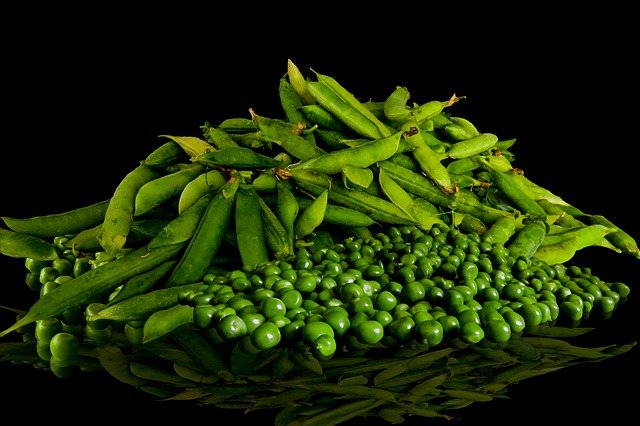Protein
Proteins are large molecules that have a significant number of functions in the body. They are made up of long chains of Amino Acids. Their functions include providing structure to cells and tissues, forming enzymes and hormones for chemical reactions and signalling to occur, performing cell and DNA replication, responding to stimuli, transporting nutrients and molecules among others.

Different proteins are made up of different Amino Acid Sequences. Amino Acids are divided between essential and non-essential amino acids.
The essential amino acids are the ones the body cannot make (synthesise). The non-essential amino acids can be made in the body using other materials.
There are a total of 21 amino acids – 9 of these cannot be synthesised and are therefore essential.
The 9 essential amino acids are:
- Histidine
- Isoleucine
- Leucine
- Lysine
- Methionine
- Phenylalanine
- Threonine
- Tryptophan
- Valine

